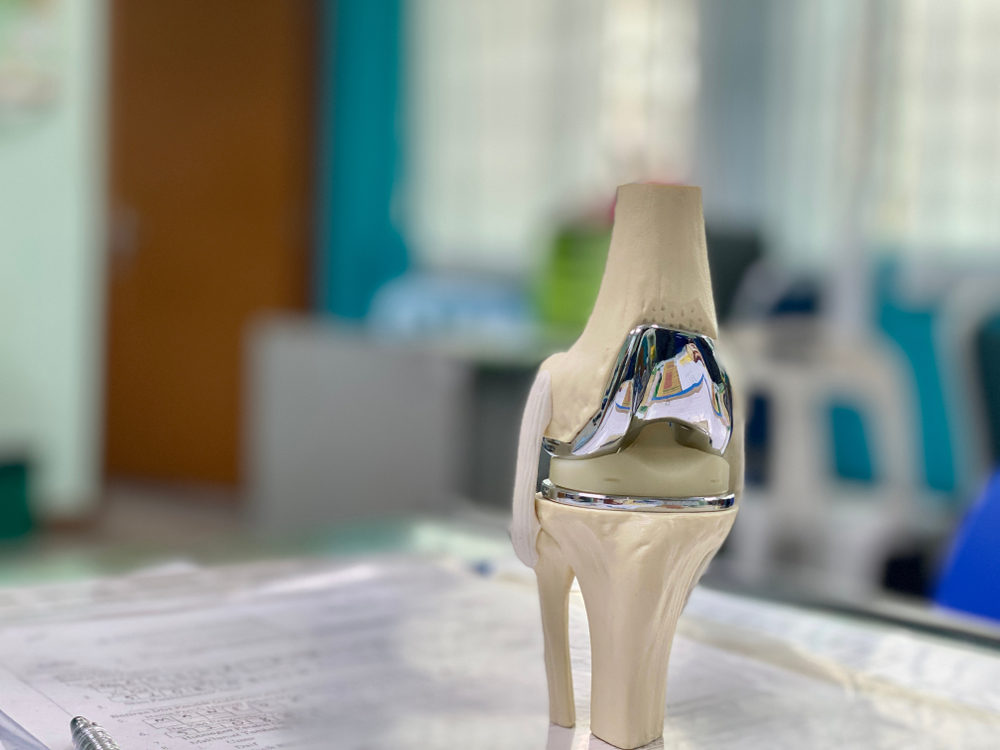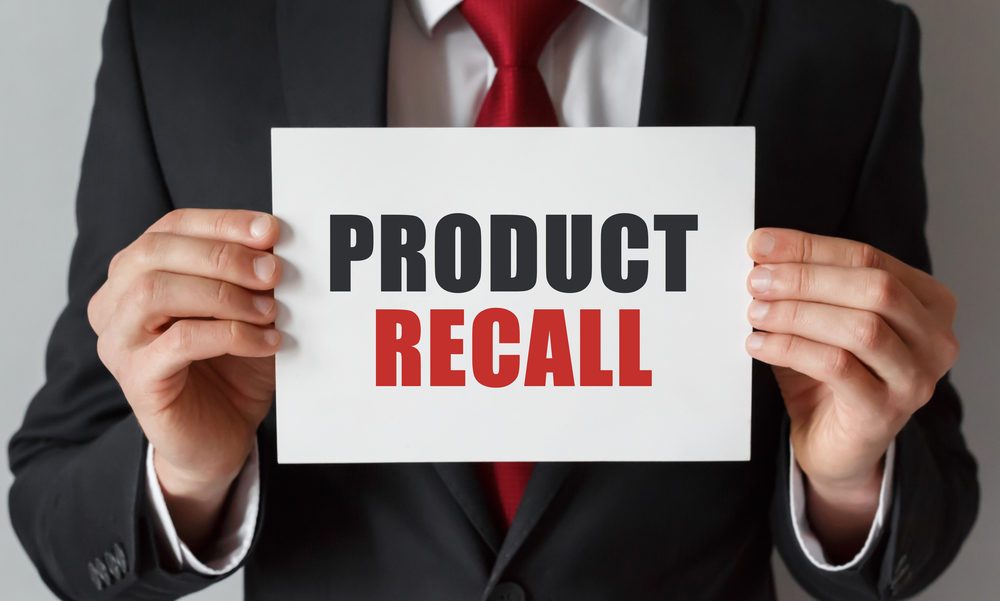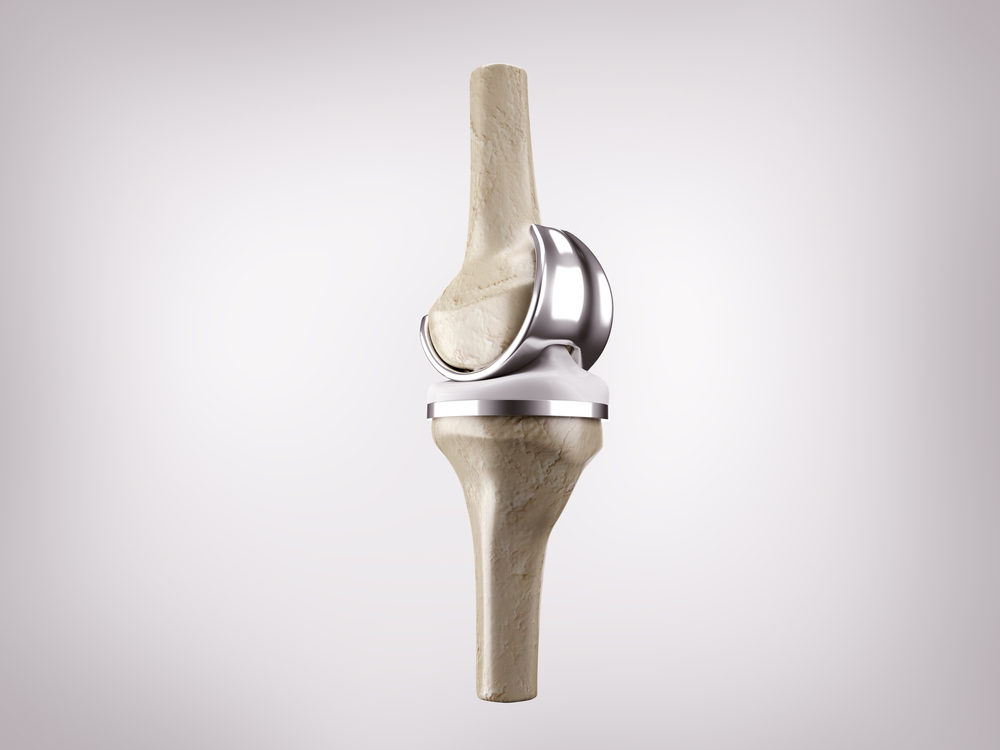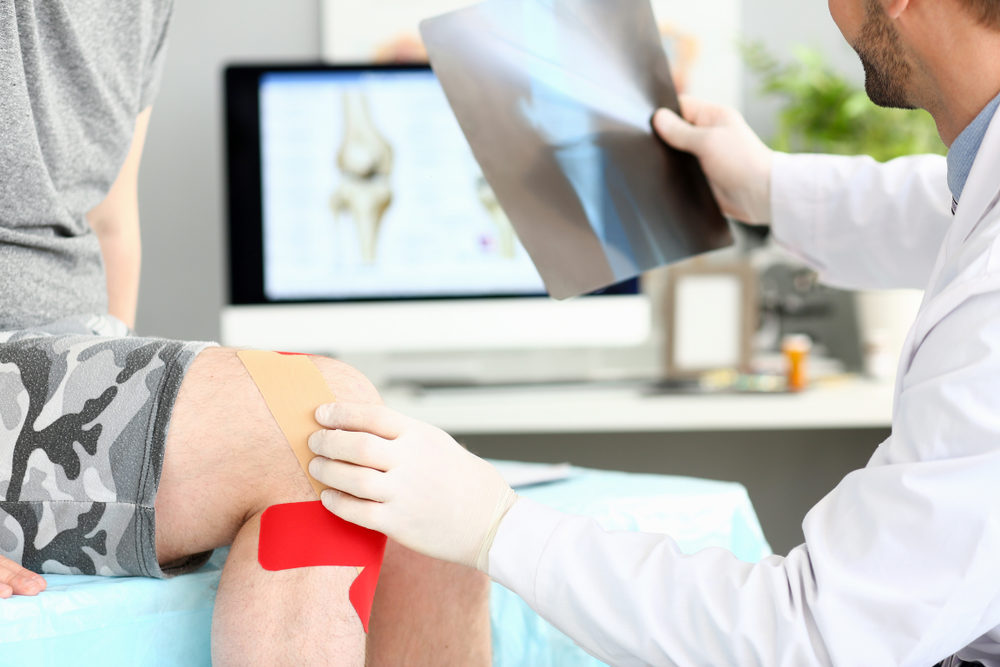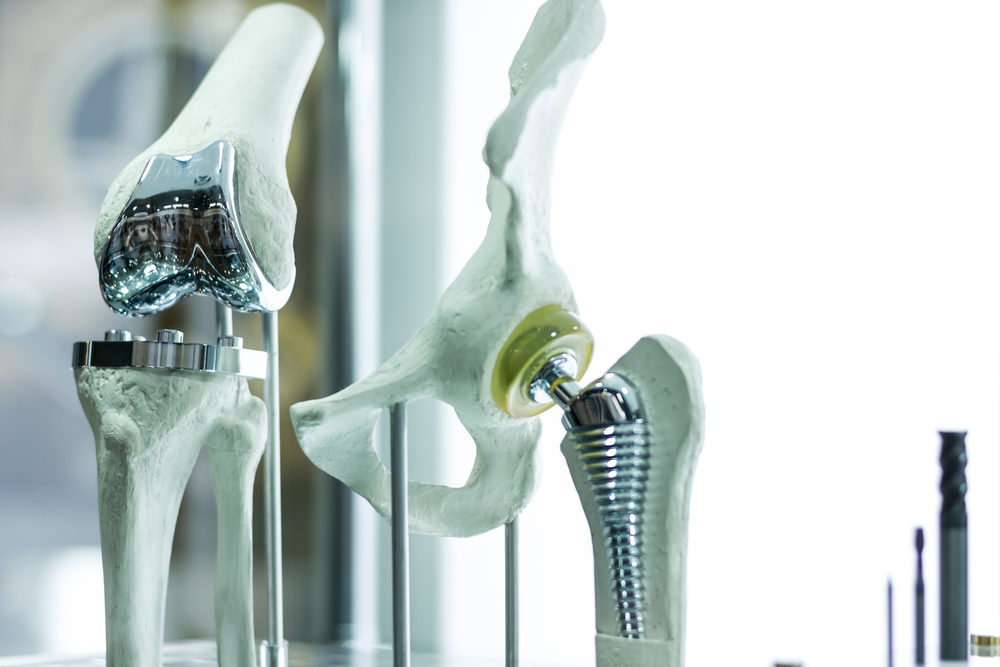Millions of people in the United States depend on medical devices to help treat various health conditions like diabetes, hernia, arthritis and blood clots. But what happens if products like insulin pumps, syringes, pacemakers and hip replacements stop functioning without notice? Medical devices can save your life, but they can also cause devastating side effects that you may not have realized were possible in the first place. You may be left at risk of serious injury and even death if a medical device failure happens. If you are injured by a defective medical product, you may be eligible to file a personal injury lawsuit.
Manufacturers must share medical product risks on patient labeling, but you still may be blindsided when the worst-case scenario happens. Even when device makers share warnings, defects are sometimes discovered long after a medical product is released. The U.S. Food and Drug Administration (FDA) lists defective medical devices that have been recalled. Some of the recently listed devices included faulty COVID-19 tests, infusion pumps and carotid systems.
Types of Defective Medical Devices
Mesh
 Transvaginal mesh is a medical device used after pelvic organ prolapse, a serious condition where organs drop lower into the pelvis and sometimes protrude from the body. It most frequently affects women after pregnancy and childbirth. Transvaginal mesh is a net-like medical implant that holds up prolapsed organs and supports the weakened vaginal wall. In 2019, the FDA banned the sale of the medical product because of insufficient evidence that the benefits outweighed the risks. Research has shown that vaginal mesh surgery can cause infections, scarring, organ perforation and urinary problems.
Transvaginal mesh is a medical device used after pelvic organ prolapse, a serious condition where organs drop lower into the pelvis and sometimes protrude from the body. It most frequently affects women after pregnancy and childbirth. Transvaginal mesh is a net-like medical implant that holds up prolapsed organs and supports the weakened vaginal wall. In 2019, the FDA banned the sale of the medical product because of insufficient evidence that the benefits outweighed the risks. Research has shown that vaginal mesh surgery can cause infections, scarring, organ perforation and urinary problems.
Because the FDA’s warning is so new, plenty of women have undergone pelvic organ prolapse surgery in recent years and may still be experiencing the effects. The transvaginal mesh may not be recommended in the United States anymore, but other types of mesh are still widely used. Hernia mesh supports a repaired hernia, which is a bulge of tissue or organs. While the surgery can provide relief, it still comes with risks. Hernia mesh can migrate to a different location in the body, thereby rendering it ineffective. It can also cause intestinal blockage and infections.
Hip Replacement
For people with osteoarthritis, osteonecrosis and rheumatoid arthritis, a hip replacement can eliminate severe pain and significantly improve day-to-day life. During hip replacement surgery, a surgeon removes the damaged parts of the hip joint and replaces it with a prosthetic. The two-hour procedure is considered major surgery, and recovery can take up to a month. Once a patient starts to feel better, they will likely breathe a sigh of relief. Unfortunately, in some unlucky cases, the hip prosthetic may be a defective medical device.
Hip replacement devices usually contain some combination of metal, ceramic, and plastic. Metal-on-metal hip implants were preferred in the past due to durability and the unlikelihood of hip dislocation. Recently, these implants have come under scrutiny because they can release metal into the body and cause toxic blood poisoning from metals like cobalt and chromium. As a result, several companies have voluntarily recalled these defective medical devices in the last few years. In 2010, leading manufacturer DePuy Orthopaedics recalled its metal-on-metal hip replacement system after findings showed that it failed at a much higher rate than its competitors.
Paragard IUD
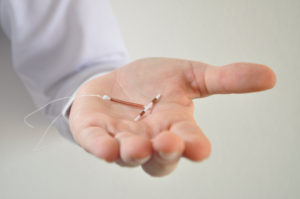 An intrauterine device (IUD) is a form of birth control, and Paragard IUD is a standard option among women of reproductive age. Some IUDs contain progestin, a synthetic version of progesterone, but Paragard is the only medical product on the market without hormones. Because it’s nonhormonal and only needs to be replaced every ten years, it’s an attractive choice for anyone searching for a low-maintenance contraceptive. However, it can come with complications. The IUD is about the size of a quarter, and it can become dislodged and embedded into the uterus. If it breaks apart or migrates to the wrong place, it can be painful and require surgery to fix. Additionally, an IUD only acts as a contraceptive when properly inserted, and someone with a defective one is at a higher risk of accidental pregnancy.
An intrauterine device (IUD) is a form of birth control, and Paragard IUD is a standard option among women of reproductive age. Some IUDs contain progestin, a synthetic version of progesterone, but Paragard is the only medical product on the market without hormones. Because it’s nonhormonal and only needs to be replaced every ten years, it’s an attractive choice for anyone searching for a low-maintenance contraceptive. However, it can come with complications. The IUD is about the size of a quarter, and it can become dislodged and embedded into the uterus. If it breaks apart or migrates to the wrong place, it can be painful and require surgery to fix. Additionally, an IUD only acts as a contraceptive when properly inserted, and someone with a defective one is at a higher risk of accidental pregnancy.
Filing a Defective Medical Device Claim
People injured by defective medical devices can pursue legal action against the responsible parties. A product liability claim filed because of a defective medical device will usually fall into one of three categories.
Design-related defective medical device claims: Some medical devices are faulty because of their inherent design. In these cases, it might take a long time for anyone to realize that the medical product is flawed because it only shows problems with wear and tear. In other scenarios, the errors may be apparent early on. If a design is flawed, all of the devices are unsafe to use.
Manufacturing defective medical device claims: Even when a medical product is designed correctly, things go wrong. If something happens during the manufacturing process or the product is damaged on its way to you, and you’re negatively impacted, you may be able to file a product liability claim against the device manufacturer.
Failure to warn defective medical device claims: If a medical device manufacturer doesn’t adequately communicate potential side effects in marketing material, they could be liable if someone gets sick and files a personal injury claim. You can allege that the manufacturer didn’t do its due diligence to warn the public about the dangers of the product.
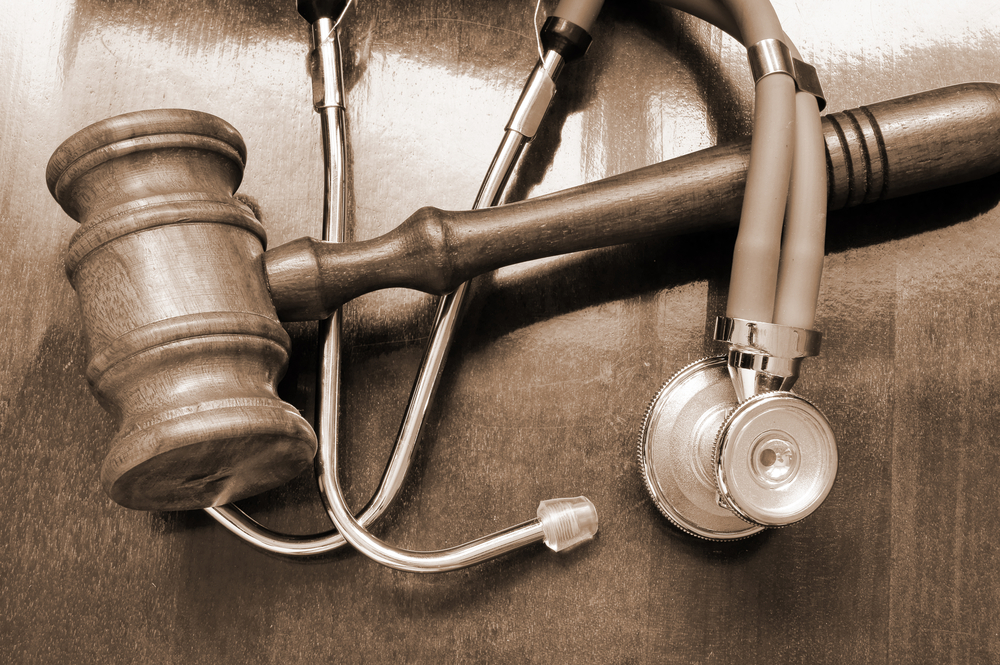 If you’re experiencing side effects because of a defective medical product, you balance physical pain with the emotional weight of figuring out what went wrong. Taking time off work, undergoing unexpected medical procedures to fix the problem, and being left with new medical complications will take a toll on you. The financial effects of lost wages and medical bills are also likely to be a burden. Nothing will fix the unnecessary distress you’ve experienced, but a personal injury or product liability claim will help you get the compensation you deserve.
If you’re experiencing side effects because of a defective medical product, you balance physical pain with the emotional weight of figuring out what went wrong. Taking time off work, undergoing unexpected medical procedures to fix the problem, and being left with new medical complications will take a toll on you. The financial effects of lost wages and medical bills are also likely to be a burden. Nothing will fix the unnecessary distress you’ve experienced, but a personal injury or product liability claim will help you get the compensation you deserve.
For most product liability claims, you’ll be expected to prove that you used the product in question, that it was defective in some way, and that you suffered harm as a result. You will also need to show that you were using the medical product in the way that it was designed. Depending on the circumstances of your case and the cause of your injury, you might be able to name the manufacturer as a defendant, along with the doctor or hospital that performed the medical procedure.
You shouldn’t tackle a defective medical device claim alone. Medical device manufacturers will push back every step of the way, and legal representation will make it a fairer fight. There are also complex elements that you’ll need guidance on, like whether your case best fits under medical malpractice or defective medical device tort. A law firm familiar with defective medical device claims will answer your questions and get you the financial compensation you need.

 Transvaginal mesh is a medical device used after pelvic organ prolapse, a serious condition where organs drop lower into the pelvis and sometimes protrude from the body. It most frequently affects women after pregnancy and childbirth.
Transvaginal mesh is a medical device used after pelvic organ prolapse, a serious condition where organs drop lower into the pelvis and sometimes protrude from the body. It most frequently affects women after pregnancy and childbirth.  An intrauterine device (IUD) is a form of birth control, and
An intrauterine device (IUD) is a form of birth control, and  If you’re experiencing side effects because of a defective medical product, you balance physical pain with the emotional weight of figuring out what went wrong. Taking time off work, undergoing unexpected medical procedures to fix the problem, and being left with new medical complications will take a toll on you. The financial effects of lost wages and medical bills are also likely to be a burden. Nothing will fix the unnecessary distress you’ve experienced, but a personal injury or product liability claim will help you get the compensation you deserve.
If you’re experiencing side effects because of a defective medical product, you balance physical pain with the emotional weight of figuring out what went wrong. Taking time off work, undergoing unexpected medical procedures to fix the problem, and being left with new medical complications will take a toll on you. The financial effects of lost wages and medical bills are also likely to be a burden. Nothing will fix the unnecessary distress you’ve experienced, but a personal injury or product liability claim will help you get the compensation you deserve. 